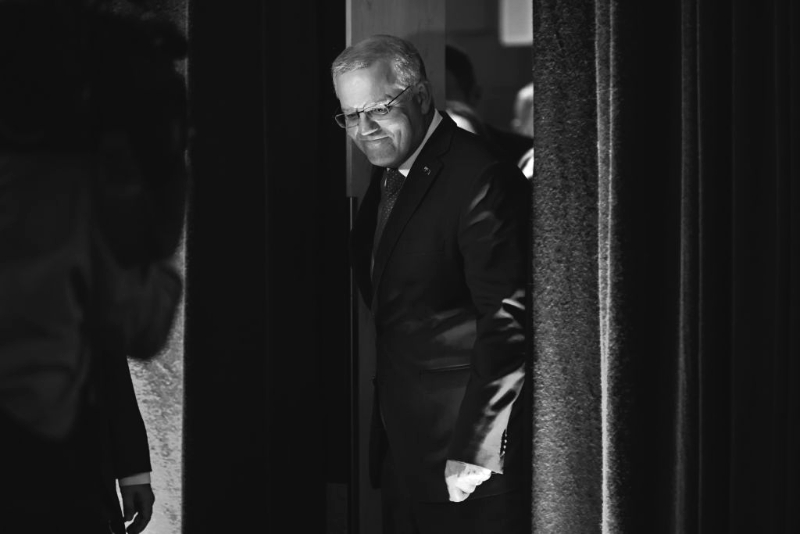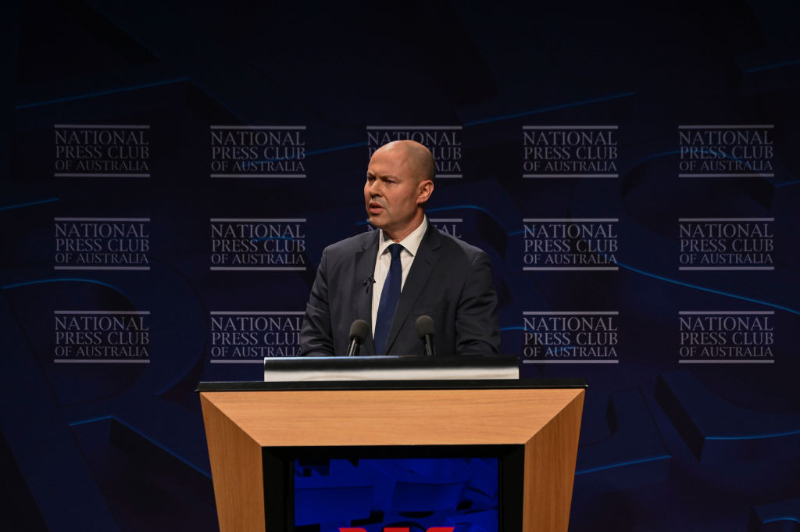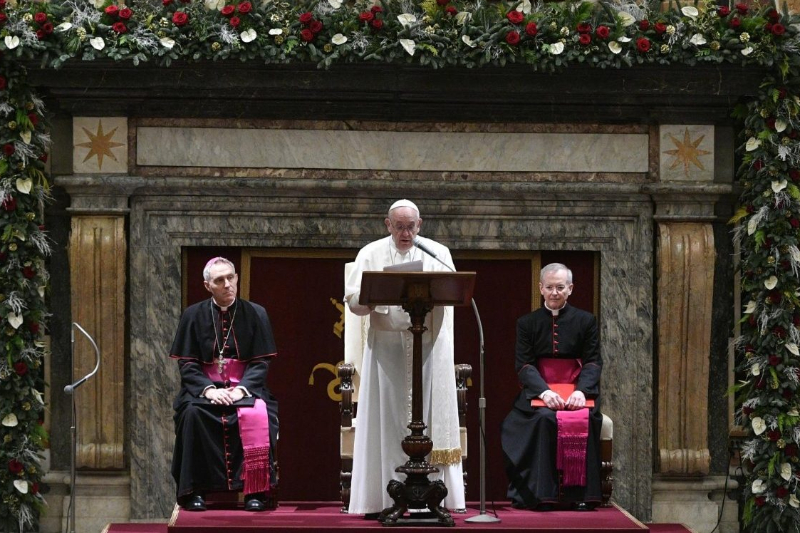Keywords: Economy
There are more than 200 results, only the first 200 are displayed here.
-

ECONOMICS
Monetary authorities are caught in an impossible situation. Inflation is rising: it is over 5 per cent in Australia and over 9 per cent in the United States. Inflation is often seen as a way out of excessive debt because it erodes the real value of money and therefore the real value of the debt. But what is increasingly being discussed are ways to cancel the debt.
READ MORE 
-

AUSTRALIA
- Andrew Hamilton
- 21 July 2022
One of the tests by which we can judge political maturity is whether it gives due weight to complexity. It is easy to reduce political conversation to opposed statements between which we must choose. That will sometimes be appropriate. Often, however, discussion of policy raises several different questions, each of which needs to be considered.
READ MORE 
-

ECONOMICS
The question that should be posed is how effective has the Reserve Bank been at ‘managing’ the economy and financial system? ‘Not very’, has to be the answer. Not that the RBA is alone. The same pattern has been seen across the developed world. Central banks have one weapon at their disposal, the cost of money (the interest rate), and there is not much evidence they have used this tool to make their systems sustainable. Mostly, they have made matters worse.
READ MORE 
-

AUSTRALIA
- Andrew Hamilton
- 23 June 2022
4 Comments
Since the Federal Election one of the most refreshing features has been the new Prime Minister’s connection with people. Whether it is shown by riding a bamboo bicycle with the Indonesian President, expressing sympathy for the Nadesilingam family for their prolonged ordeal before returning to Biloela or agreeing with Jacinda Ardern, herself a model of public empathy, about the unreasonableness of expelling to New Zealand people who had never lived there, his actions displayed a readiness to listen and to enter the experience of other people.
READ MORE 
-

ENVIRONMENT
- Stephen Minas
- 09 June 2022
4 Comments
The Liberal wipeout in inner-city electorates is without precedent in Australian politics. For the Liberal Party, ‘existential crisis’ is not an overstatement. As the party founded by Robert Menzies finds itself in the hall of mirrors, climate policy should be a major focus of critical self-appraisal.
READ MORE 
-

ECONOMICS
As commodity prices and inflation soar in the ‘real’ world we may be witnessing a prelude to another 2008-style crisis triggered by the foreign exchange markets. The risks certainly look similar and can be described with a simple question. Can the fictions produced by out-of-control financial actors survive reality?
READ MORE 
-

INTERNATIONAL
- Andrew Hamilton, David Halliday, Michele Frankeni, Stewart Braun
- 19 May 2022
3 Comments
We are now three months into the Ukraine war. From an invasion it has turned into a war of attrition that has cost many lives, displaced civilians, destroyed cities, and led to sanctions and the making of alliances with effects that have spread suffering far beyond Ukraine. In this Roundtable, Andrew Hamilton SJ, David Halliday, Michele Frankeni and Dr Stewart Braun explore the ethics of the war and likely paths to peace.
READ MORE 
-

AUSTRALIA
- Sally Parnell
- 18 May 2022
2 Comments
When millions of Australians look back on this Federal Election campaign, they will recall it as one dominated by ‘gotcha’ moments and scare campaigns. Personal attacks, loud and in-your-face advertising campaigns and so-called missteps by politicians have provided countless hours of talkback content. Regrettably, this has taken the focus of too many away from nuanced conversations about the kind of society in which we want to live, and the policies and vision needed to take us there.
READ MORE 
-

ECONOMICS
In purely economic terms, the upcoming Federal election is extremely unusual. The shut down of the Australian economy for almost two years because of health measures really has no precedent in our history. Only war can produce that type of shock. The Federal government’s financial response was as extreme as the state of emergency measures, including a sharp increase in Australian government debt. It remains to be seen, however, if the government gets much credit for injecting so much free money into the economy. It is unlikely.
READ MORE 
-

ECONOMICS
- Julian Butler
- 31 March 2022
In 2020 as the Covid-19 pandemic raged globally, as Australia shut its borders and some states shut in their people, massive government income support was introduced. The government was a little slow coming to recognise the need for such measures. Once they had, they wanted the support rolled out as quickly as possible. Frydenberg, Scott Morrison and their colleagues recognised that a demand side boost was absolutely necessary to sustain economic activity. The government was uncomfortable, though, with this approach.
READ MORE 
-

RELIGION
- Brian Lucas
- 29 March 2022
1 Comment
Prior to the conclave that elected Pope Francis, the Cardinals who met together identified the need for a reform of the Vatican finances and a broader reform of the Roman Curia. Shortly after Francis was elected, work began on the reform of the Roman Curia. There was wide consultation including with the various bishops’ conferences around the world.
READ MORE 
-

ECONOMICS
- David James
- 22 March 2022
1 Comment
Russia’s invasion of Ukraine has led to severe financial sanctions being imposed on the country that are likely to have lasting consequences. Problem is, they may not be the ones the sanctioners are expecting. They may even come to regret what they have done.
READ MORE 